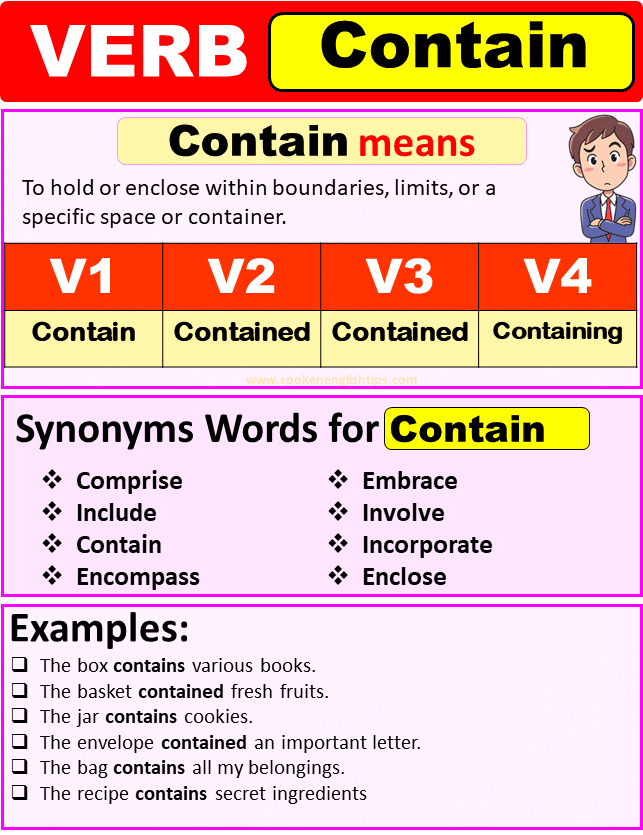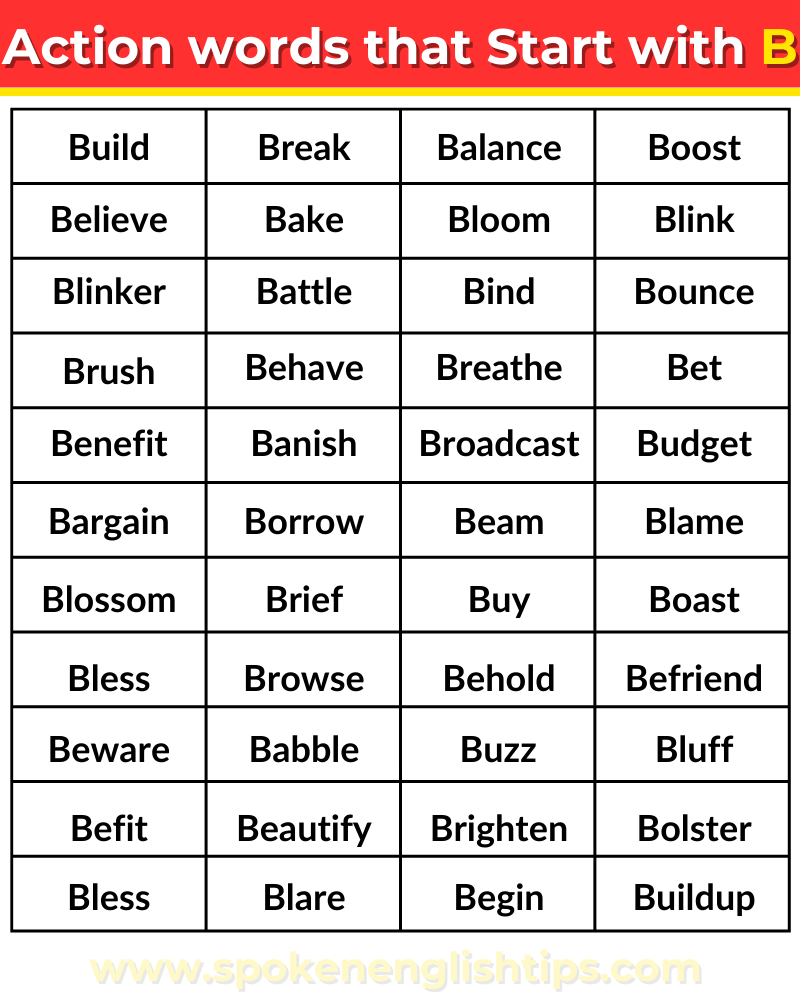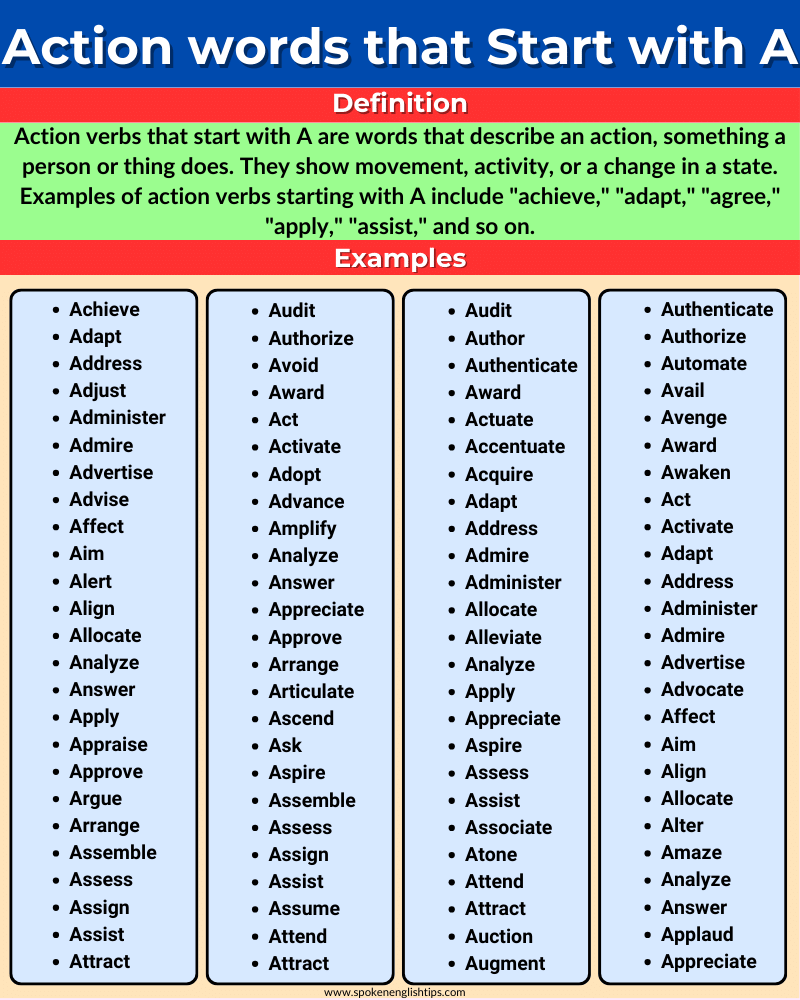Contain Verb Forms, Base Form, Past Tense, Past Participle & V1 V2 V3 V4 V5
| 1. | Base Form (Infinitive) (V1): | Contain |
| 2. | Simple Past (V2): | Contained |
| 3. | Past Participle (V3): | Contained |
| 4. | Present Participle ( V4 -ing): | Containing |
| 5. | 3rd Person Singular: | Contains |

See Also | List of Verbs V1 V2 V3 V4 Pdf Download
Contain Past Tense
| Contained |
| Contained is the past tense of the Contain word. |
Contain Past Participle
| Contained |
| Contained is the past participle of the Contain word. |
Answer Verb forms V1 V2 V3 V4
| Infinitive | Past Simple | Past Participle | Present Participle |
| Contain | Contained | Contained | Containing |
Conjugation of Contain
| Tense | Conjugation | Example |
|---|---|---|
| Present Indefinite | Contain | The box contains various items. |
| Present Continuous | is/am/are containing | The container is containing water. |
| Present Perfect | has/have contained | I have contained all the information. |
| Present Perfect Continuous | has/have been containing | They have been containing the situation. |
| Past Indefinite | Contained | The bottle contained juice. |
| Past Continuous | was/were containing | The bag was containing groceries. |
| Past Perfect | had contained | She had contained her emotions. |
| Past Perfect Continuous | had been containing | We had been containing our excitement. |
| Future Indefinite | will/shall contain | The package will contain the new product. |
| Future Continuous | will/shall be containing | The pot will be containing soup. |
| Future Perfect | will/shall have contained | By tomorrow, he will have contained his work. |
| Future Perfect Continuous | will/shall have been containing | They will have been containing the secret. |
Synonyms of Contain
- Hold
- Enclose
- Comprise
- Include
- Embrace
- Encompass
- Incorporate
- Consist
- Involve
- Entail
Contain Verb Examples With V1 V2 V3
- The box contains various books.
- The basket contained fresh fruits.
- The jar contains cookies.
- The envelope contained an important letter.
- The bag contains all my belongings.
- The recipe contains secret ingredients.
- The package contained fragile items.
- The report contains valuable information.
- The container contains hazardous chemicals.
- The folder contained important documents.
Read Also More Verbs:
Frequently Asked Questions
Q: What does the verb “contain” mean?
A: The verb “contain” means to hold, enclose, or have something within its limits or boundaries.
Q: How can “contain” be used in a sentence?
A: Here’s an example: “The box contains several books.”
Q: Can “contain” be used as a transitive verb?
A: Yes, “contain” is commonly used as a transitive verb, as it requires an object to indicate what is being held or enclosed.
Q: Can “contain” be used as an intransitive verb?
A: No, “contain” is not typically used as an intransitive verb. It requires an object to complete its meaning.
Q: What are some synonyms of the verb “contain”?
A: Some synonyms of “contain” include hold, include, comprise, incorporate, and accommodate.
Q: Are there any antonyms of the verb “contain”?
A: Yes, some antonyms of “contain” include release, free, disperse, and spread.
Q: How is “contain” different from “hold”? A: While “contain” and “hold” are similar, “contain” implies having something within limits or boundaries, whereas “hold” can refer to physically gripping or possessing something.
Q: Can “contain” be used figuratively? A: Yes, “contain” can be used figuratively to describe managing or controlling one’s emotions or reactions.
Q: Is “contain” used more commonly in formal or informal contexts? A: “Contain” can be used in both formal and informal contexts, depending on the situation and register of speech.
Q: Does “contain” have any specific usage in the context of containers or packaging? A: Yes, “contain” is frequently used in the context of containers or packaging to describe the ability of a container to hold or store something.
Q: Can “contain” be used to describe limiting the expansion or growth of something? A: Yes, “contain” can be used in the context of limiting or controlling the expansion or growth of something, such as containing a fire or containing the spread of a disease.
Q: Can “contain” be used to describe the contents of a written document? A: Yes, “contain” can be used to describe the contents of a written document, such as a book containing information or an email containing important details.
Q: Are there any idiomatic expressions or phrasal verbs related to “contain”? A: Yes, there is an idiomatic expression “can’t contain oneself,” which means to be unable to control one’s excitement, laughter, or emotions.
Q: Can “contain” be used to express the idea of having a specific ingredient or component? A: Yes, “contain” can be used to express the idea of having a specific ingredient or component, such as a food product containing certain nutrients or a product containing certain chemicals.
Q: Does “contain” have any specific usage in the field of chemistry or science? A: Yes, “contain” is commonly used in the field of chemistry to describe the ability of a substance to hold or store another substance within its structure.
Q: Can “contain” be used to describe restraining or confining something or someone? A: Yes, “contain” can be used to describe restraining or confining something or someone within certain limits or boundaries.


